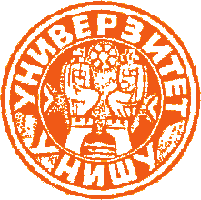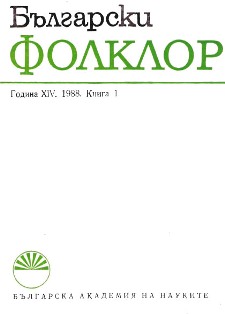
The Organization of Activities of the MAcedonian Orthodox Church
The Organization of Activities of the MAcedonian Orthodox Church
Keywords: Macedonian Orthodox Church; Republic of Macedonia; macedonian diaspora;
The Macedonian Orthodox Church as an autocephalous one is a part of the Holy Ecumenical Apostolic Church. It preserves the dogmas, canons and unity of the liturgy with the Eastern Orthodox Church and has an unique organization of the independent management of the church activities. It also protects the Bible, the rules of all ecumenical and indigenous Councils, as other autocephalous orthodox churches do, and discards all other schismatic teachings. It is steered in accordance with the Bible the Holy Traditions, the Apostolic Rules and the Constitution of the Macedonian Orthodox Church. The head of the autocephalous Macedonian Orthodox Church is the Archbishop that hold the title "Archbishop of Ohrid and Macedonia". The organization and the activity of the Macedonian Orthodox Church is also in the frames of the Constitution and the laws of the Republic of Macedonia in order to serve the Orthodox believers of the state.
More...
